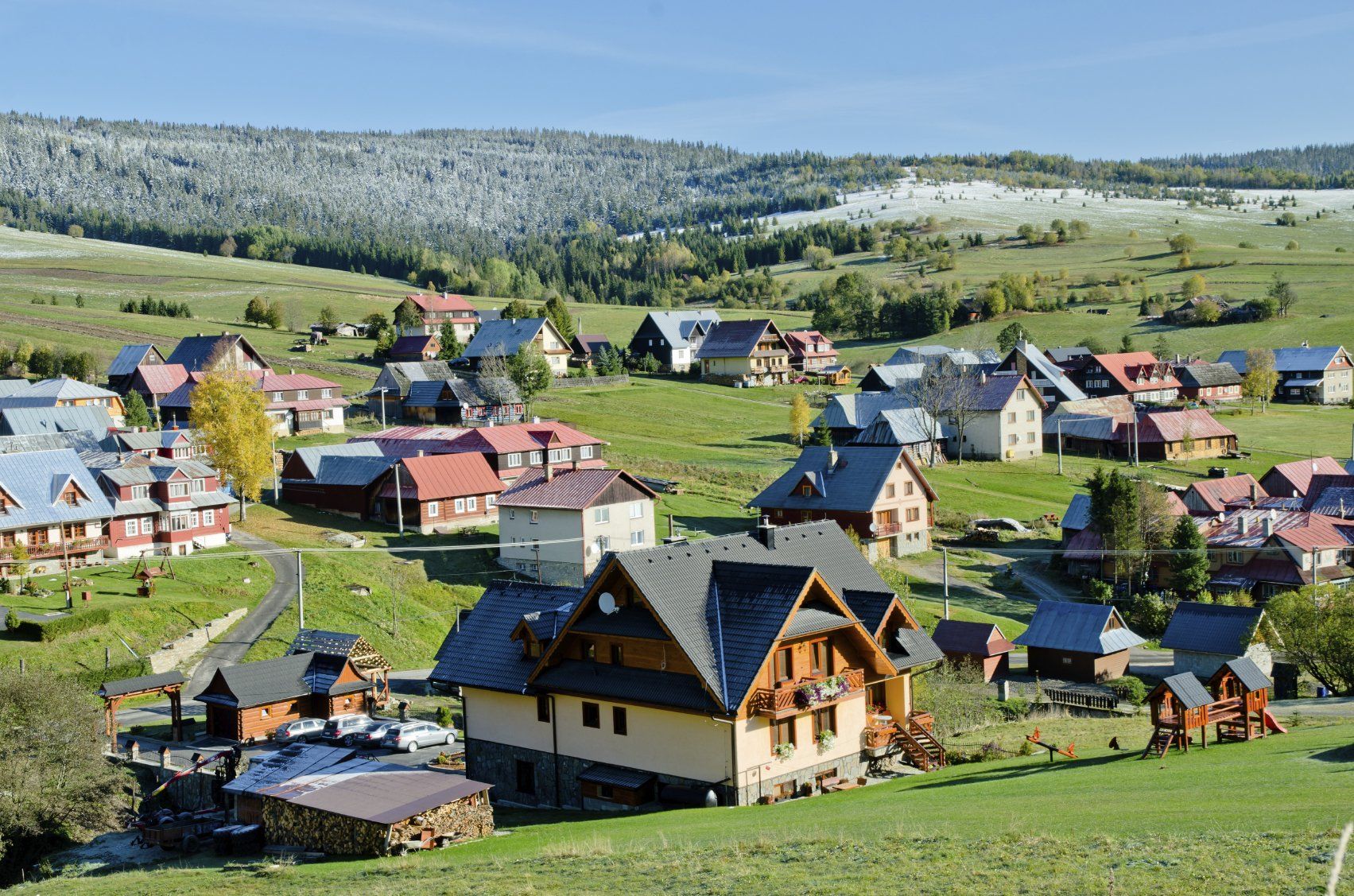Commit to Lifelong Learning
"perpetuam uitae doctrina!"
"Live as if you were to die tomorrow.
Learn as if you were to live forever." Mahatma Gandhi.

About the Polish Language
Enrich Your Life! We are here to point you in the right direction and cheer you on.
Put a foreign language into your portfolio of lifelong-learning activities

The Language that's taking the World by Storm:
Polish

Have you ever heard of the Polish language? For centuries, it has been spoken by the people of Poland, but in recent years, its reach has extended far beyond the country's borders. Its popularity has surged in many parts of the world, including North America, Australia, and even some parts of Asia, making it one of the fastest-growing languages in the world.
On this page, we'll explore the reasons why the Polish language has become so popular and look at what makes it such a great choice for learners.
History of the Polish Language
Polish is a Slavic language that evolved from the Proto-Slavic language spoken in ancient times. It emerged as a distinct language in the 10th century and has gone through many changes over the centuries due to its contact with different cultures and languages.
Polish was the language of the Polish-Lithuanian Commonwealth, which was one of the largest and most powerful countries in Europe in the 16th and 17th centuries. It was also heavily influenced by Latin during this time due to the prevalence of Catholicism in Poland.
During World War II, Poland suffered greatly under German occupation, and the Polish language was nearly wiped out. However, the language persevered and is now the official language of Poland, as well as being spoken by Polish diaspora communities around the world.
Today, Polish is a thriving language that is growing in popularity globally. It is spoken by over 50 million people worldwide, with significant populations in the United States, Canada, and the United Kingdom. Its history and resilience make it an important part of the cultural heritage of Poland and the world.
